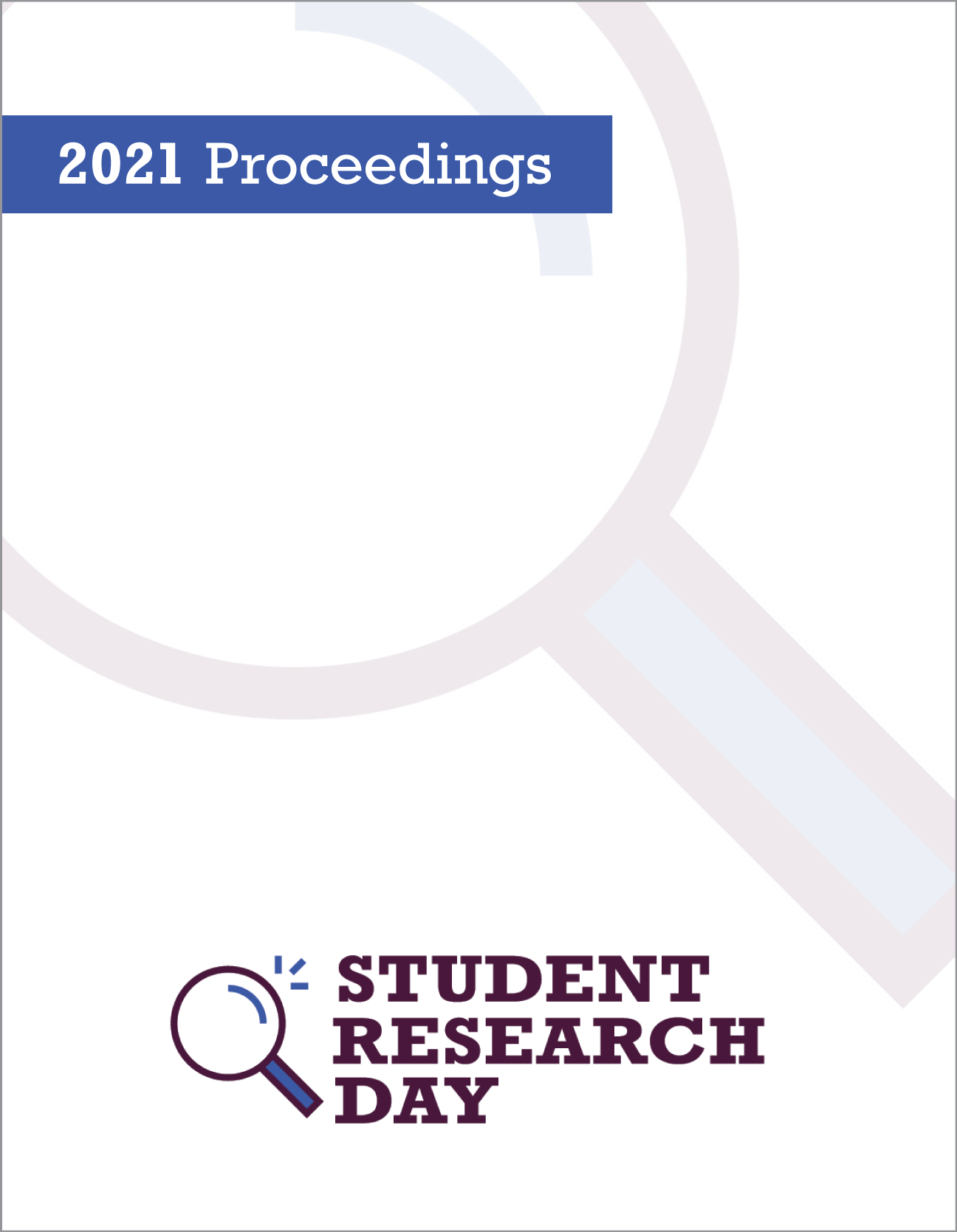Do Mental Health Apps Influence Stress or Affect in University Students- And Does Personality Matter?
Abstract
Background: Mental health apps (MHApps) have become increasingly popular in major mobile stores. While there are many anecdotal claims made about their effectiveness, there is still limited empirical support for their usability or practicality. Having access to instant mental health services can provide excitement and hope for many who are suffering and unable to receive treatment. However, more systematic research is needed to investigate their effectiveness for improving mental well-being.
Objective: The primary purpose of this study is to investigate the relationship between the use of mental health apps, specifically What's up! and Self-Help for Anxiety Management (SAM) and student stress and affect. The secondary purpose of this study is to examine if a relationship exists between personality factors and app use and effectiveness.
Methods: Student volunteers from MacEwan University were randomly assigned to one of three groups. Two experimental app groups and a third control group. All three groups were asked to complete an initial survey and a similar second survey approximately 2-weeks after the initial survey completion. The surveys included items from the Perceived Stress Scale, the Big Five Inventory-2, and the Positive and Negative Affect Schedule, as well as basic questions about the participants' previous and current app use, and other relevant items.
Hypothesis: Participants in the experiment groups will experience more reduction in negative affect, anxiety, and stress than the control group. Also, participants who score higher in conscientiousness will experience more app use and negative symptom reduction than those with lower scores.
Department: Psychology
Faculty Mentor: Dr. Sean Rogers
References
Published
Issue
Section
License
Authors retain any and all existing copyright to works contributed to these proceedings.



